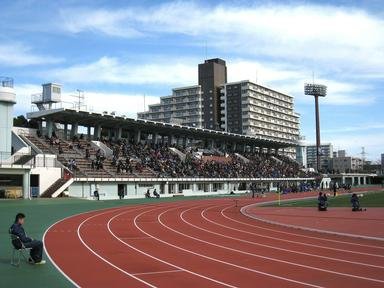Quiz Answer Key and Fun Facts
1. Which Kenyan athlete broke four separate world records in one year, but never competed at the Olympic Games?
2. Which Ethiopian athlete won double gold (5000 metres and 10,000 metres) at the Moscow Olympics?
3. In recent years African runners have dominated distance events, but before them Europe had its share of great athletes. Which Finn won the 5000 and 10,000 metres gold medals at both the 1972 and 1976 Olympics?
4. Which British runner, better known for his prowess at 800 and 1500 metres, stepped up to 5000 metres and won the Commonwealth Games gold medal in 1986?
5. Who was the first woman to win Olympic gold for 10,000 metres?
6. Which American ran both the 10,000 metres and the marathon in the 1972 Olympics, winning gold in the marathon?
7. Which British athlete set a world record for 5000 metres in 1954, and was one of Roger Bannister's pacemakers when he ran the first sub four minute mile?
8. Who is generally regarded as the original "Flying Finn"?
9. Which female athlete was the first to do the 5000 and 10,000 metres Olympic double?
10. Who won an Olympic treble of 5000 metres, 10,000 metres and marathon in 1952?
Source: Author
StarStruck60
This quiz was reviewed by FunTrivia editor
Nightmare before going online.
Any errors found in FunTrivia content are routinely corrected through our feedback system.

